The Democratic primary debates in Miami were the first of many opportunities presidential candidates will use to make themselves appealing to the nation. Since last week, Senators Kamala Harris, Elizabeth Warren, and former Obama administration secretary Julian Castro have seen increases in their approval ratings.
Chris Lundberg, who is an associate professor of rhetoric at UNC, says these numbers are reflective of their debate performances. He says Warren, Harris and Castro, along with Senator Cory Booker and South Bend, Indiana mayor Pete Buttigieg, all hit the three benchmarks each candidate should aim for: present your biggest message, provide some biographical information and emphasize differences between themselves and the others running.
“The candidates who over-performed in this debate did all three of those things,” says Lundberg. “They talked about their history; they talked about issues relating to policy in reference to their own past; and they did it not just by creating distinction with folks on the other side of the aisle but creating distinctions between themselves.”
In a field of 20 Democrats this election cycle, those distinctions and approaches to highlighting them are crucial. Another way to do this in the debates is to directly attack others, which was part of Harris’ and Castro’s strategies. Lundberg says while this can be risky and make voters uncomfortable, it can be very effective.
“On one hand, they don’t like negative things in politics. They’re worried about them being partisan and divisive,” he says. “On the other hand, negative attacks not only tend to be memorable but tend to distinguish [candidates] from other people. Even if it has some negative effect on your likability, it creates a positive net effect relative to the rest of the field.”
Looking ahead to the election in 2020, Lundberg says he expects whomever wins the Democratic nomination to challenge President Donald Trump in the debates. It will be different from 2016 when Trump had no political record.
“I think President Trump, this time, will not have the advantage of simply being on offense against the political establishment,” says Lundberg. “He’ll have to defend a record, specifically a record that includes a bunch of really difficult [issues], from people on the progressive side but from people on the conservative side too.”
Before then, however, there are still 10 more primary debates scheduled. The second round of Democratic debates in the primary season will be held at the end of this month, on July 30 and 31 in Detroit.
To listen to our full conversation with Chris Lundberg, click here.
Related Stories
‹

The ‘Joyful’ Democratic Convention Is Over. The Real Test for Kamala Harris’ Campaign Now BeginsAs people leave the Democratic National Convention, a stark reality exists: the real test for Kamala Harris has only just begun.
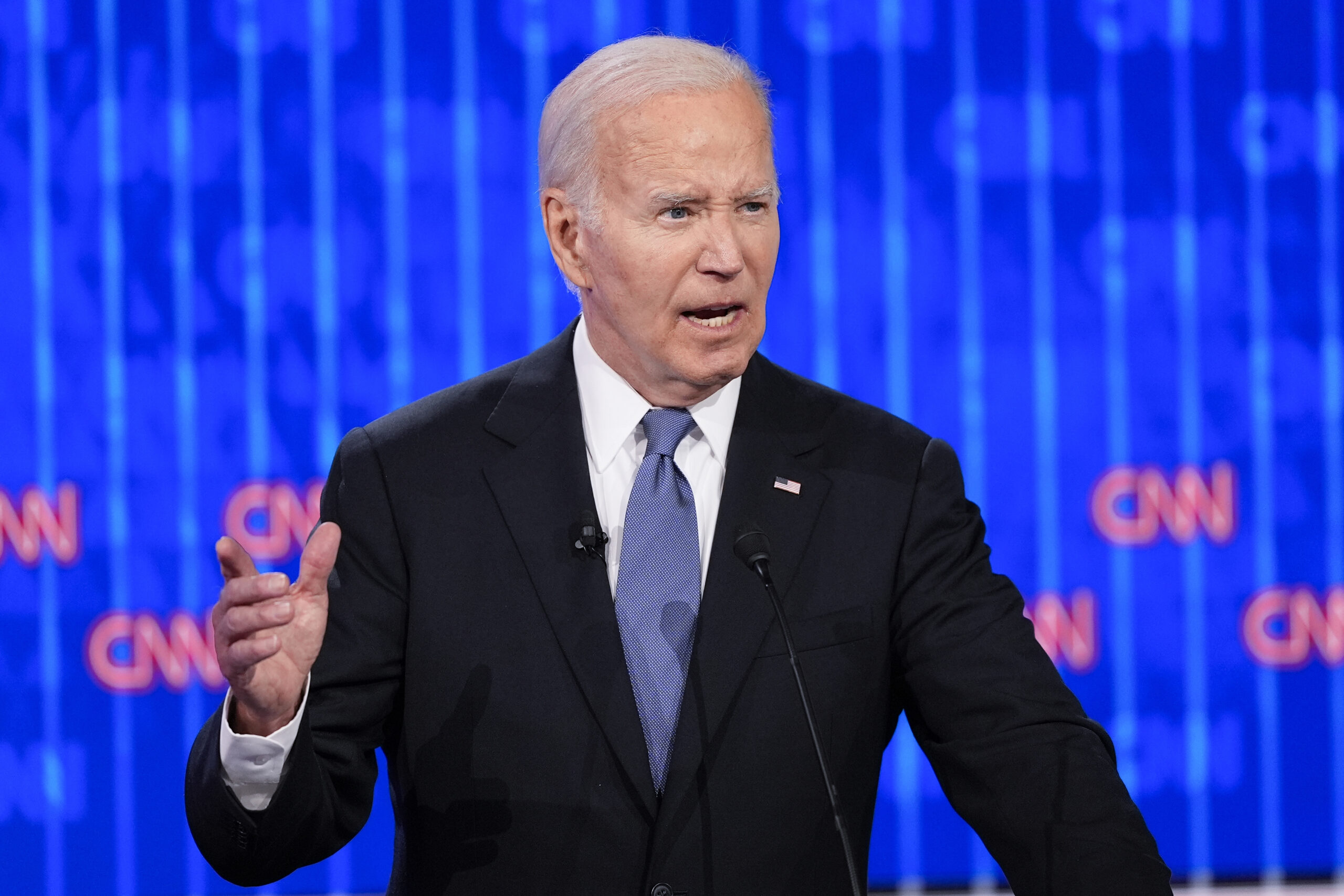
This Just In: It's Just MathWe are a week out from the most disastrous performance in the 64-year history of televised presidential debates. Jean Bolduc asks: now what?
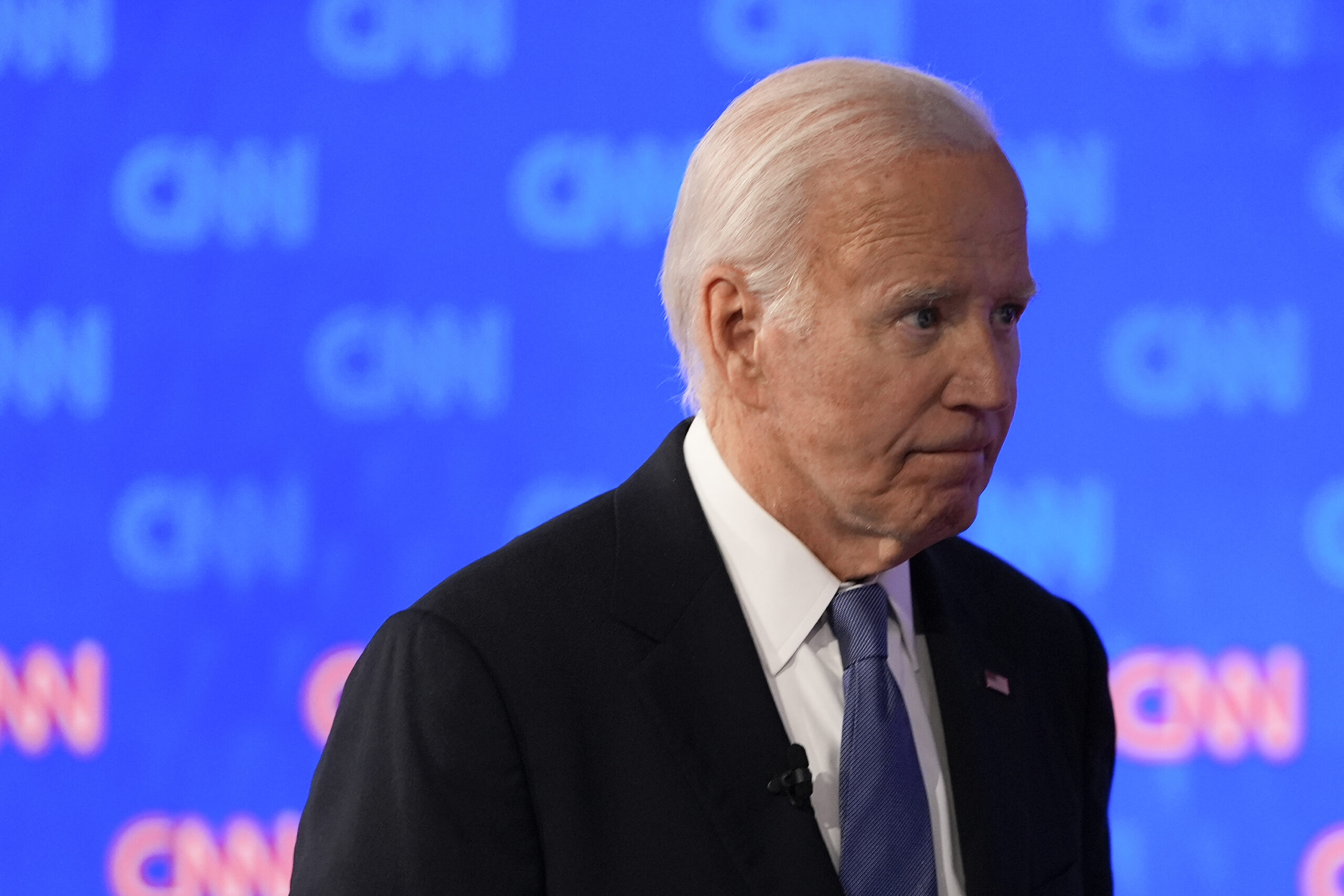
Biden’s Debate Performance Spurs Democratic Panic About His Ability to Lead Party Against TrumpJoe Biden’s allies wanted him to demonstrate strength and energy on the debate stage. But he did not meet their expectations on Thursday.
![]()
Warren Makes Debate Case: Democratic Woman Can Beat TrumpElizabeth Warren made a forceful case for a female president and stood behind her accusation suggesting sexism by progressive rival Bernie Sanders in a Democratic debate that raised gender as a key issue in the sprint to Iowa’s presidential caucuses. Sanders vehemently denied Warren’s accusation, which threatened to split the Democratic Party’s left flank — as […]
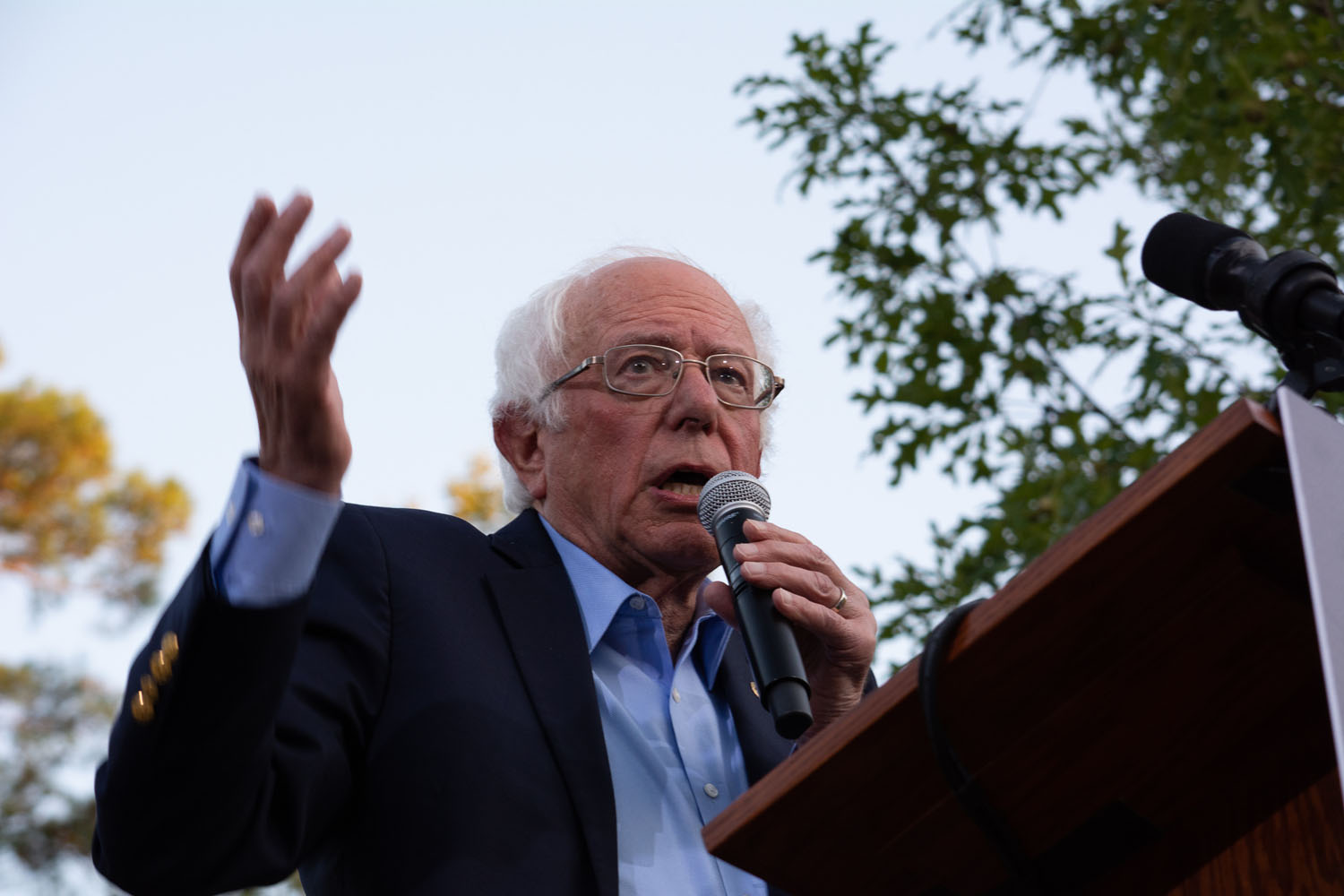
2020 Democratic Race is Wide Open in Iowa as Caucuses NearPresidential candidates have swarmed Iowa’s rolling landscape for more than a year, making their pitch to potential supporters on campuses, county fairgrounds and in high school gymnasiums. But three weeks before the caucuses usher in the Democratic contest, the battle for the state is wide open. A cluster of candidates, including Sens. Bernie Sanders of […]
![]()
Democrats Spar at Debate over Health Care, How to Beat TrumpCandidates for the Democratic party’s nomination for president clashed in a debate over the future of health care in America, racial inequality and their ability to build a winning coalition to take on President Donald Trump next year. The Wednesday night faceoff came after hours of testimony in the impeachment inquiry of Trump and at a […]
![]()
Poll: North Carolina Voters Down on Trump, Tillis as 2020 Race ApproachesAccording to a recent survey from Public Policy Polling, President Donald Trump and Senator Thom Tillis continue to lose support in North Carolina. This is not necessarily a new trend, as past polls from the company have also shown Republican support waning in the state. Trump’s disapproval rate has skyrocketed to 51% after winning the […]

A Historic Shutdown Is Over. It Leaves No Winners and Much FrustrationThe longest government shutdown in history has come to an end, with almost no one happy with the final result.
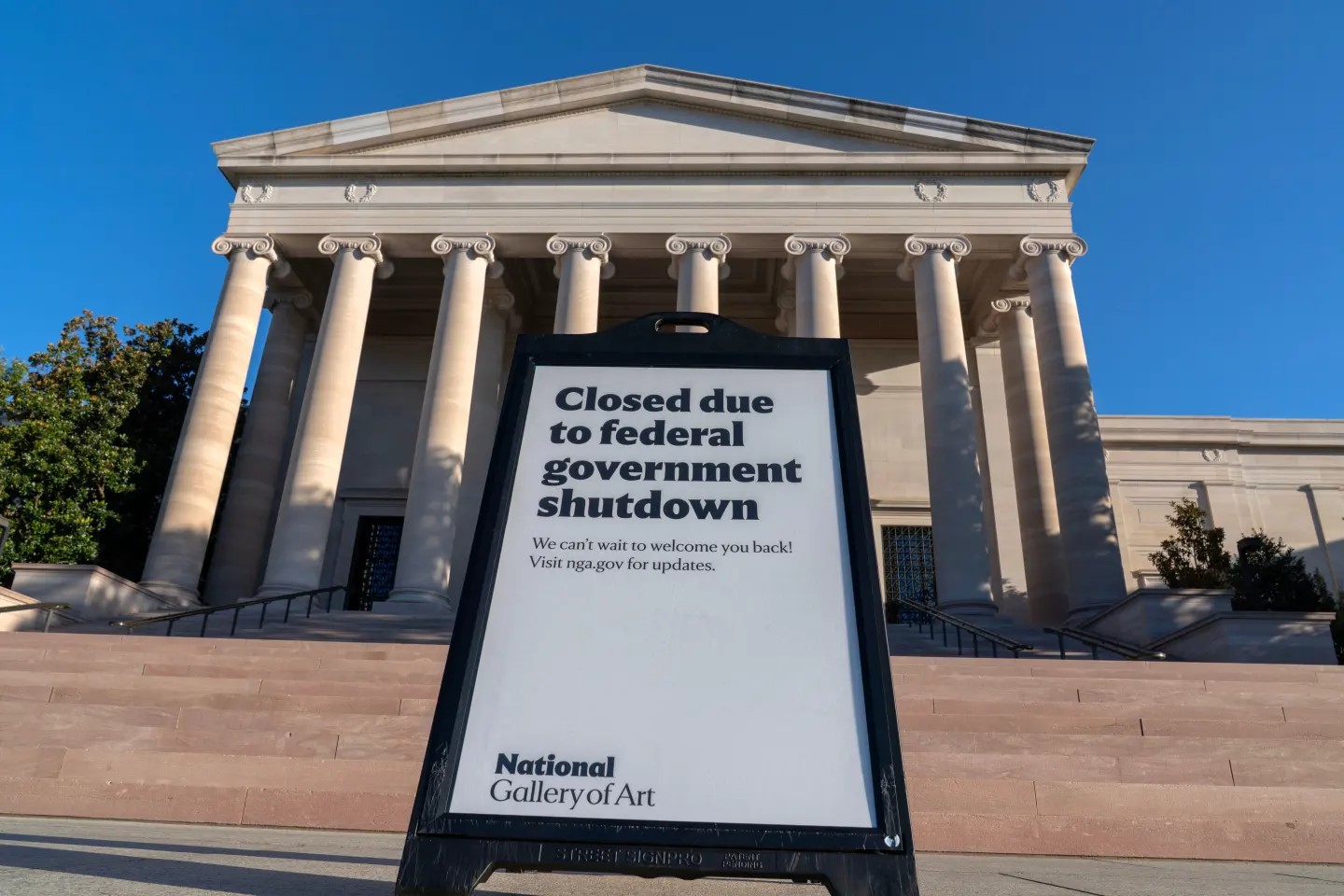
Senate Takes First Step Toward Ending the Government ShutdownThe Senate took the first step to end the government shutdown on Sunday after a group of moderate Democrats agreed to proceed without a guaranteed extension of health care subsidies.
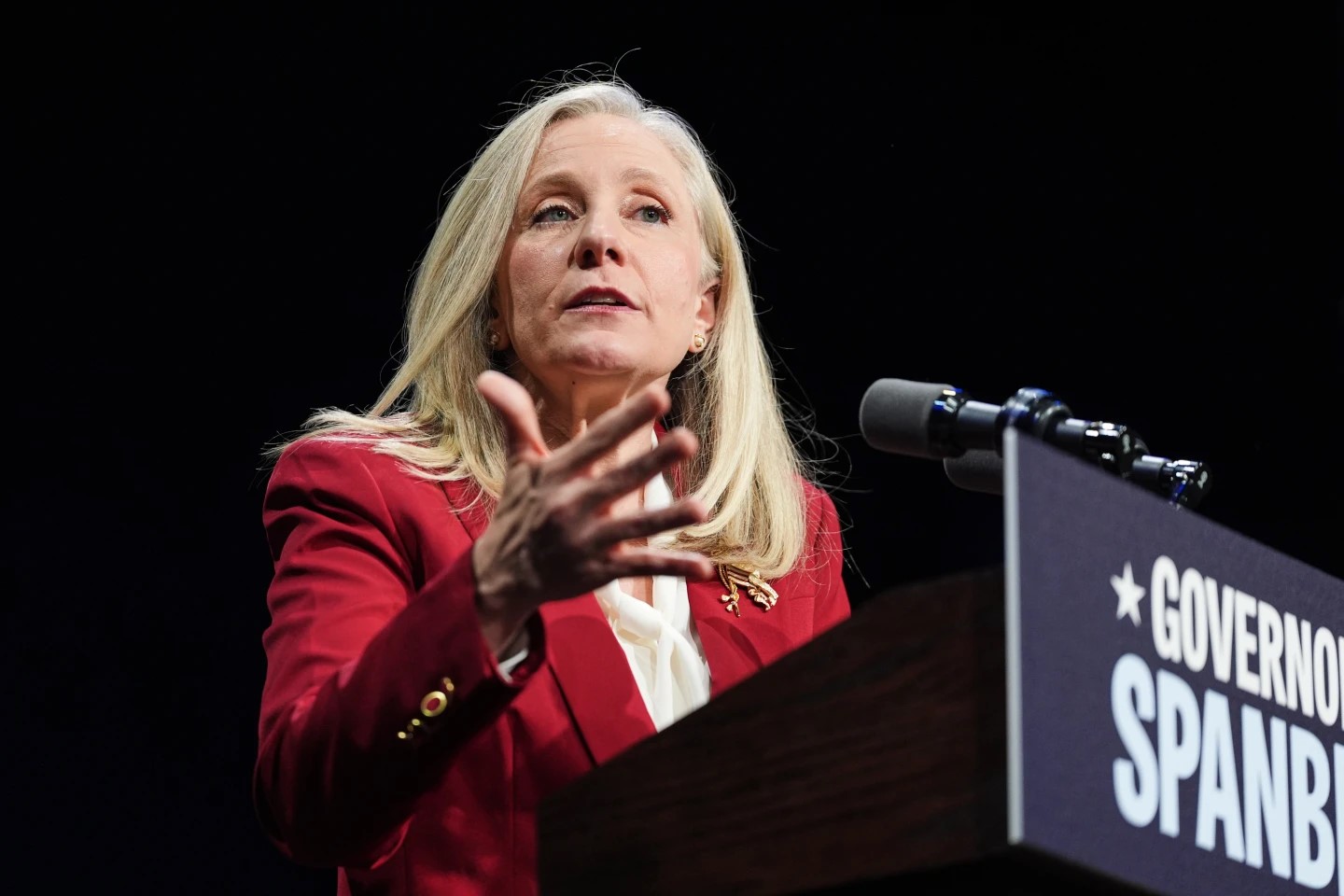
Democrats Dominate as Economic Woes Take a Toll on Trump’s GOP. Takeaways From Election Day 2025Democrats dominated the first major Election Day since President Donald Trump returned to the White House. Here are some takeaways.
›








